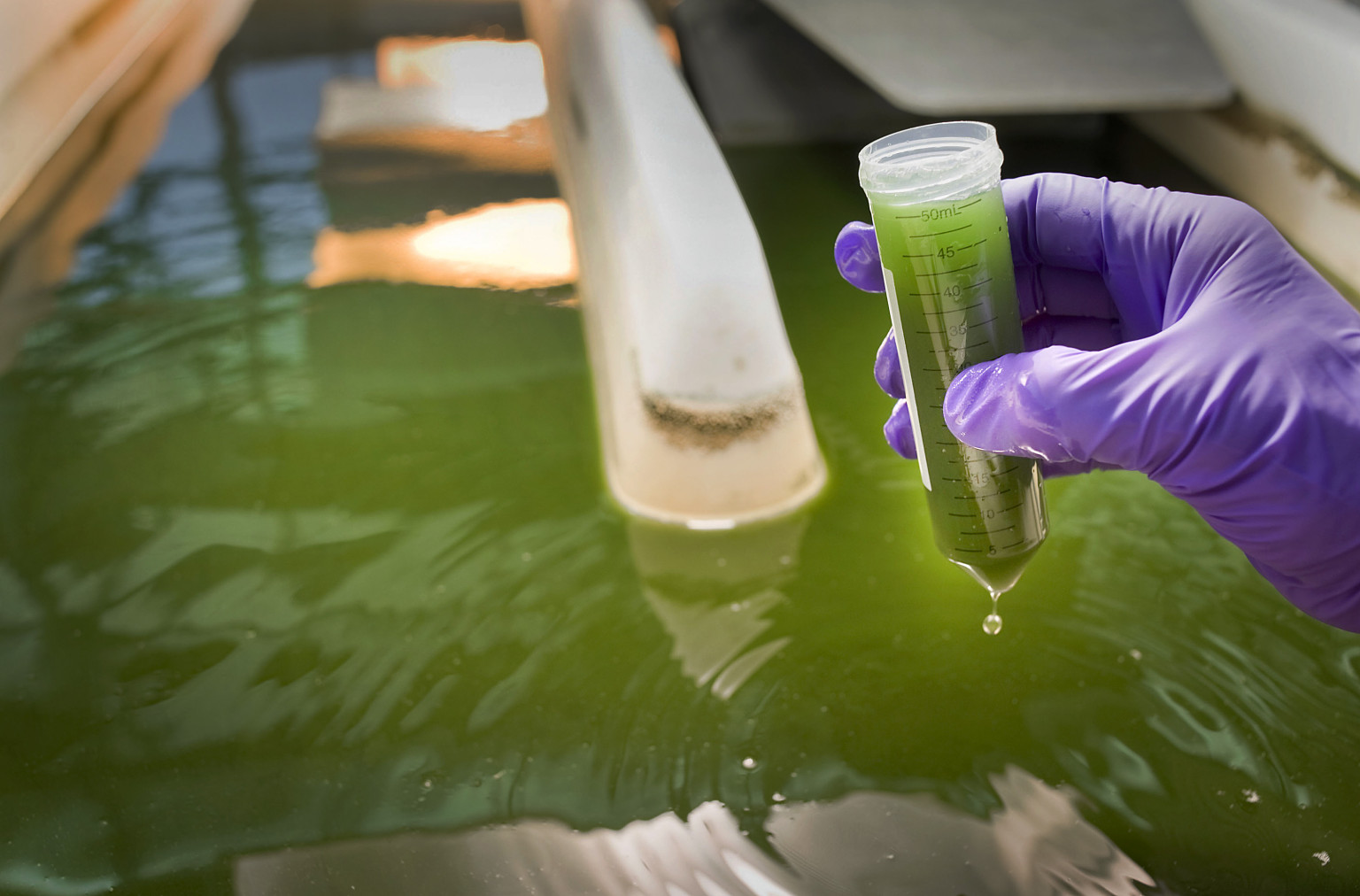With world power use at an alarming high and fossil fuel reserves consistently depleting, it is only a matter of time before the Earth can no longer sustain our energy extravagant lifestyles. Scientists across the globe are aware of this significant issue and are constantly researching new sources of renewable energy to replace fossil fuels. One such discovery is biofuel. Made from organic plant or animal matter known as biomass, biofuel is a renewable and environment friendly source of energy. Currently, Biofuel only accounts for 10% of the world energy demand and has the potential to lessen, if not eliminate, our dependency on diminishing fossil fuel reserves.

82% of the world’s power comes from fossil fuels.
Biofuel could potentially be an all-encompassing solution to the world’s energy problems, with its renewable nature and nonexistent carbon footprint. However, biofuel is extremely expensive and economically not a viable substitute for fossil fuels currently. This said, over the past few years there have been many attempts to make biofuel more cost efficient with governments providing billions of dollars in funding to support research. One of the greatest advancements in biofuel technology was the discovery of how to use the cellulose from the inedible parts of plants. This discovery was revolutionary as now acquiring biofuel would no longer conflict with food supply and could prevent pollution. But this advancement came with its own disadvantages. The cellulose from which energy is withdrawn is difficult to break down, requiring time taxing and costly distillation and fermentation processes. The need for a more efficient alternative has led to the new field of bioprospecting. Looking within nature and organisms for the perfect microorganism that uses cellulase to break down the cellulose faster than the available processes. The discovery of microalgae as a biofuel source was also a major advancement in bioenergy technology. When compared, microalgae produces far more gallons of liquid biofuel per acre than other crop. (See figure 1) Seeking to create a system that my compete with fossil fuels, scientist Jonathan Trent set up research centers to test the prospects of microalgae envisioning expanses of plastic algae pods paired with other green energy structures such as windmills and terminators to harvest wind and wave energy. (see figure 2) But when it comes to research it is crucial to determine what scientific minds should focus on, what is the most important when it comes to biofuel.


Road travel, flights, and shipping account for nearly a quarter of the world’s greenhouse gas emissions, and transportation today remains heavily dependent on fossil fuels National Geographic


In Canada over 31% of energy used is from transportation. Therefore, the use of biofuels toward gasoline is critical in the step toward a greener and more sustainable future. The two most common types of biofuel are ethanol and biodiesel, both acquired in liquid form through fermentation and distillation processes. This liquid can be used as a substitute or additive to gasoline and diesel used in all modes of transportation if the necessary adjustments are made, reducing the demand for destructive fossil fuel based products such as gasoline. Using biodiesel or ethanol as fuel is also a significantly more practical green alternative than powering vehicles with wind power or hydro electricity as the facilities are already available or can be created with minimal cost. Besides transport, research and energy can also be put toward integrating biofuel toward generating electricity for common use. In large institutions such as schools, hospitals, etc. biofuel would act as a beneficial, environment friendly replacement to the standard electricity production systems. These uses however, are miniscule compared to what the future holds for biofuel and what biofuel can do to the future.
Global climate change is an issue that impacts everyone on the planet and humanity requires solutions as soon as possible. Biofuel is one amazing possible solution however it is still not at the integration stage. As the years pass more experiments can and will be done exploring biofuel and potentially in the near future we will be able to use biofuel as easily as gasoline. Biofuel is already being integrated into use with 20% of military vehicles in the US containing some amount of biofuel. If biofuel can be successfully integrated into the majority of our lives and be used more than fossil fuels the environmental impact would be profound. As more and more research and information is discovered we come closer to accomplishing this, making biofuel a very essential part of not only our, but our planet’s future.
 Loading...
Loading...
 Loading...
Loading...
Works Cited
Afework, Bethel. “Transportation.” Transportation – Energy Education, energyeducation.ca/encyclopedia/Transportation.
“Https://Www.huffpost.com.” Https://Www.huffpost.com, Huffington Post, https://www.huffpost.com/entry/algae-biofuel-europe_n_3726548 – i.huffpost.com/gen/1289522/images/o-BIOFUEL-ALGAE-facebook.jpg.
Energy, Student, director. Biofuels 101. Youtube, 17 May 2015, https://www.youtube.com/watch?v=ZGmwtDffc74.
“Biofuels and Bioprospecting for Beginners – Craig A. Kohn.” Youtube, 13 May 2013, https://www.youtube.com/watch?v=b_lT6mJM_fA.
Genes, Sophire Universal. “Https://Universalgenes.wordpress.com.” Https://Universalgenes.wordpress.com, 28 Oct. 2015, https://universalgenes.files.wordpress.com/2015/10/agri_for_biofuel_teaser_image.jpg.
“Https://Zombie.fandom.com/Wiki/Hospitals.” Https://Zombie.fandom.com/Wiki/Hospitals, Zombiedom, https://vignette.wikia.nocookie.net/zombie/images/1/18/Hospital.jpg/revision/latest?cb=20160329114824.
“Jonathan Trent: Energy from Floating Algae Pods.” Youtube, 28 Sept. 2012, https://www.youtube.com/watch?v=X-HE4Hfa-OY.
“Liquid Biofuels for Transport Prospects, Risks and Opportunities.” Biofuels: 1. What Are Biofuels?, www.greenfacts.org/en/biofuels/l-2/1-definition.htm.
Marshke, Daryl. “Detroit Free Press.” Detroit Free Press, Michigan Photography, 11 Oct. 2018, https://www.freep.com/story/money/cars/2018/10/11/university-michigan-algae-diesel-fuel/1581175002/.
Nunez, Christina. “Biofuels, Explained.” Biofuels, from Ethanol to Biodiesel, Facts and Information, 15 July 2019, www.nationalgeographic.com/environment/global-warming/biofuel/.
“Why Don’t We Have Functional Biofuel Yet?” Youtube, 29 Mar. 2019, https://www.youtube.com/watch?v=LEepDbZqFmE.
Hey there! I know this is kind of off topic but I was wondering which blog platform are you
using for this website? I’m getting sick and tired of
Wordpress because I’ve had issues with hackers and I’m looking at alternatives
for another platform. I would be great if you could point me in the direction of
a good platform.
Also visit my blog post … cover uditch
This post is worth everyone’s attention. Where can I
find out more?
my web page bali wedding planner